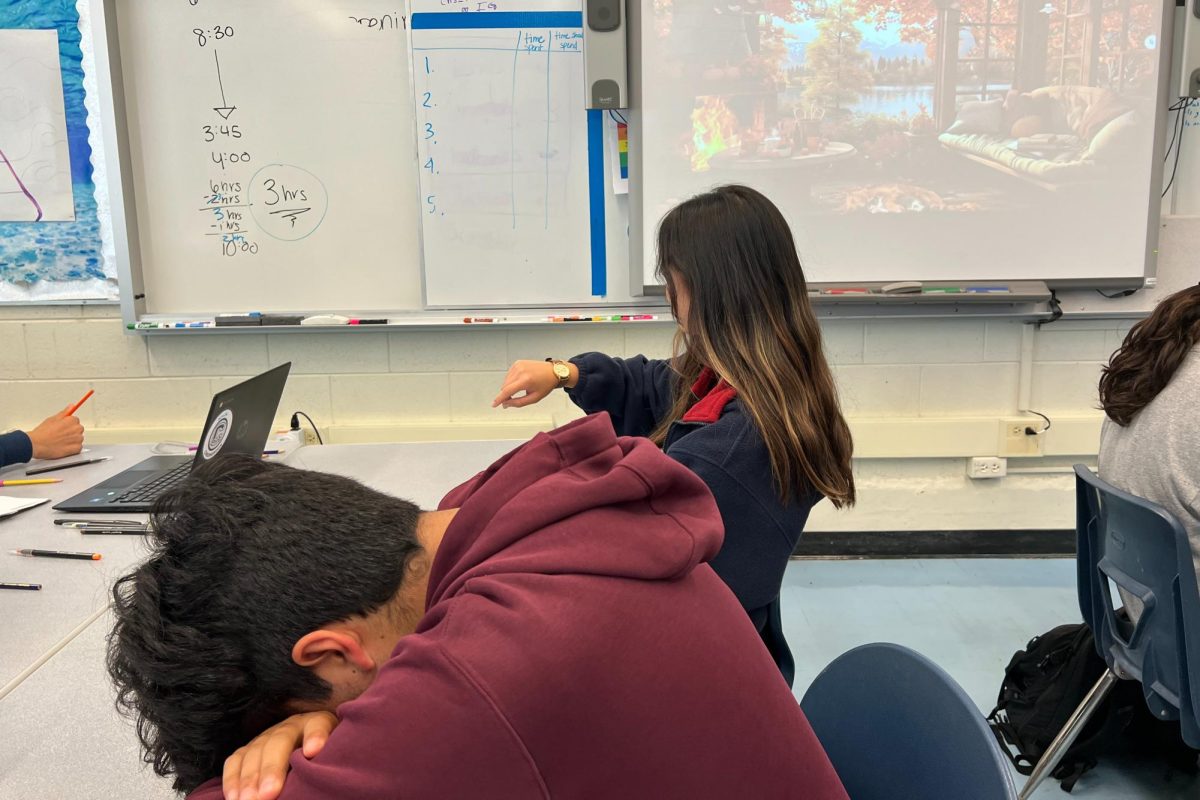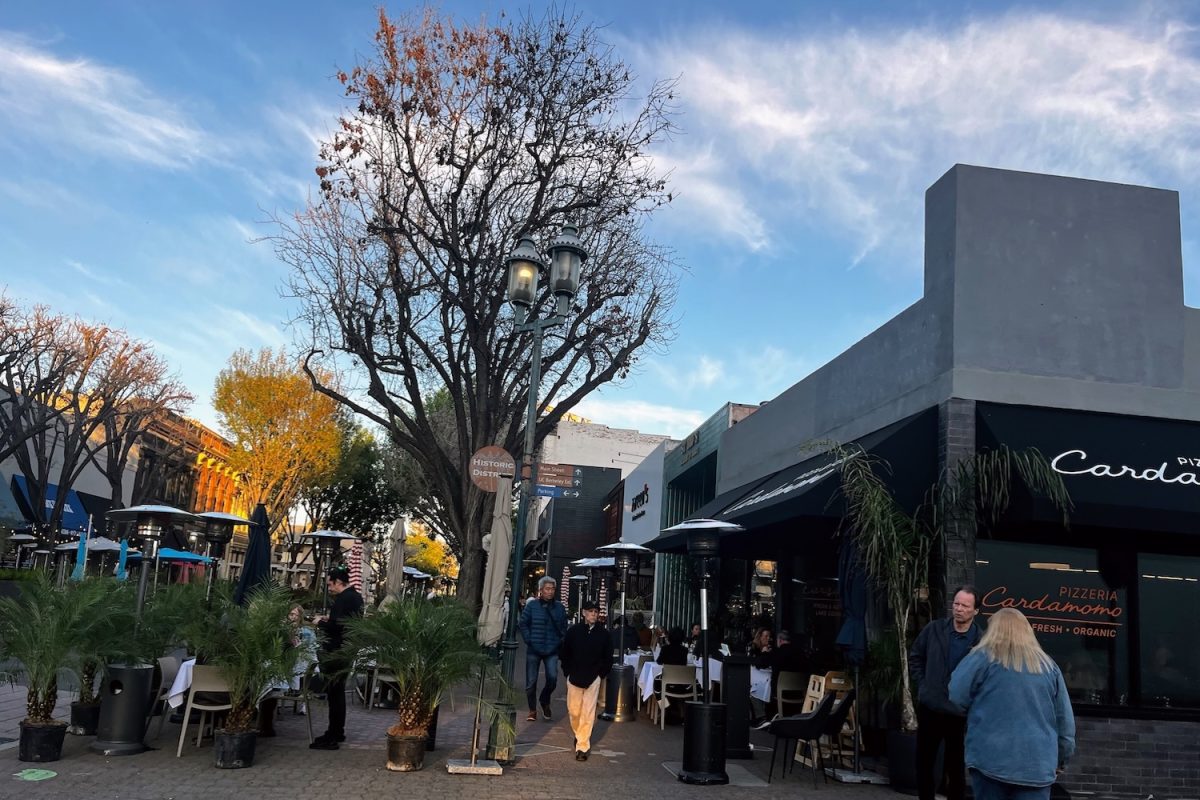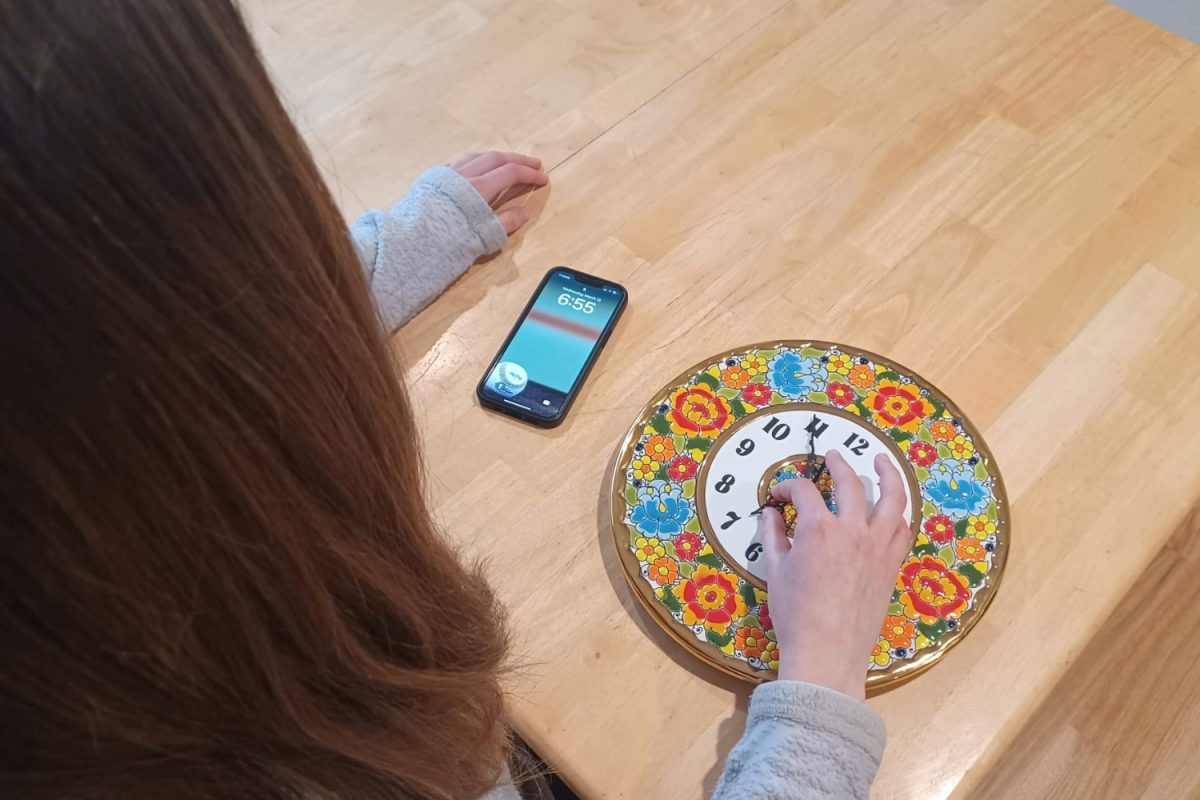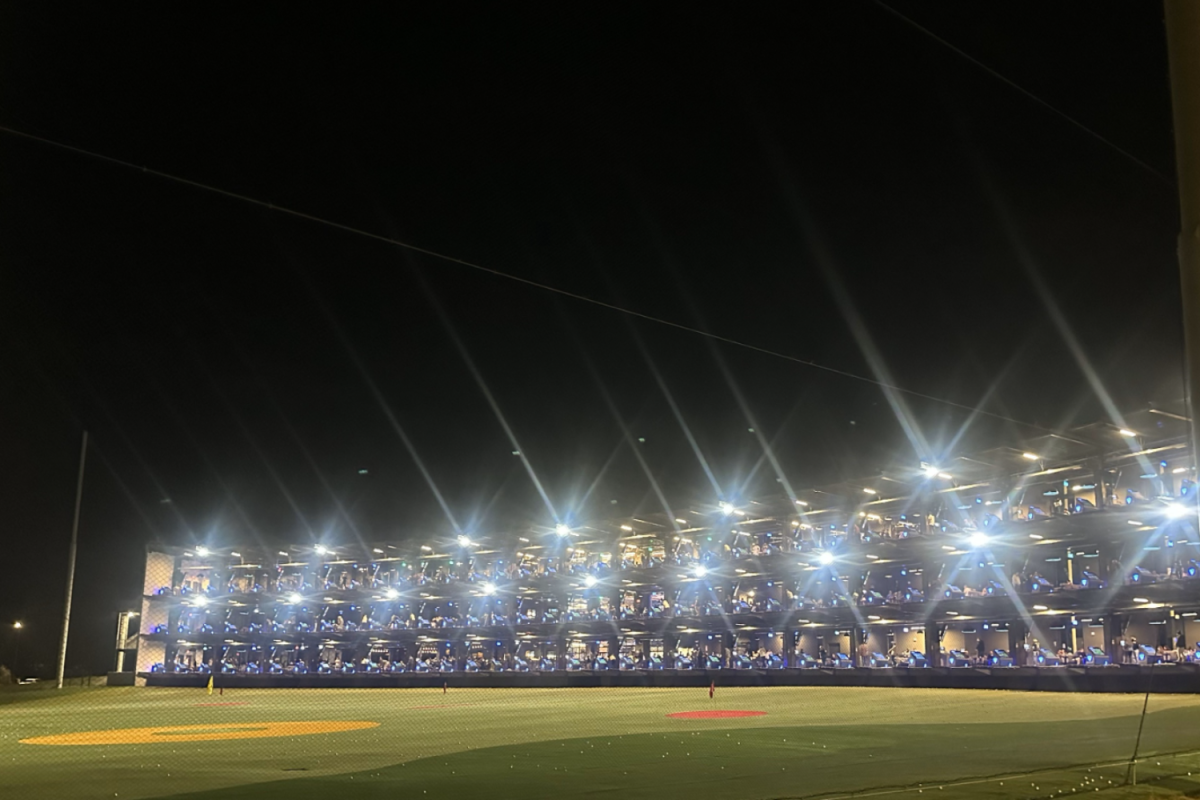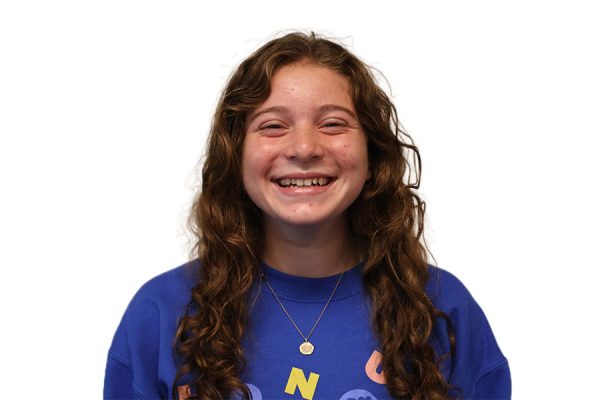When the clocks fell back on Nov. 5, many citizens were left confused, as they were under the impression that daylight savings was being left behind for good thanks to recent federal legislation.
Daylight saving time (DST) is the process in which clocks are adjusted one hour forward in the spring and one hour backward in the fall. It lasts from the second Sunday in March to the first Sunday in November.
During these eight months, there is noticeably less sunlight in the mornings and more sunlight in the evenings. For the extent of the remaining four months, otherwise known as the period of standard time (ST), the opposite is true: more light in the mornings and less in the evenings.
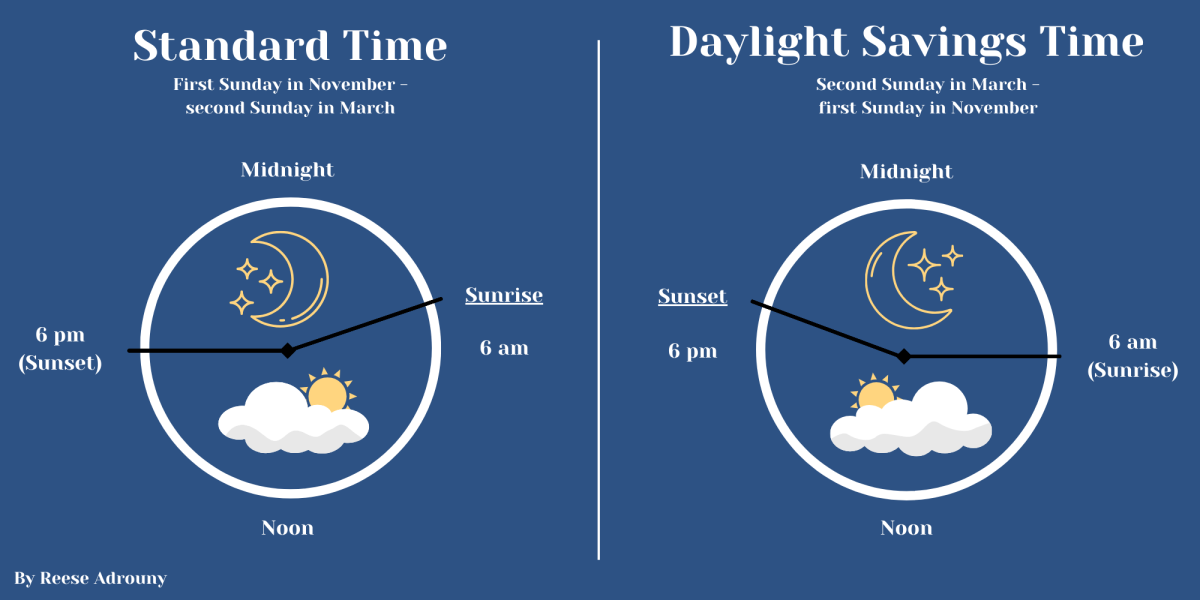
Clear on his perspective of the issue, one of the most prominent ambassadors in favor of keeping the DST time change forever is Florida Senator Marco Rubio.
“This ritual of changing time twice a year is stupid. Locking the clock has overwhelming bipartisan and popular support,” Rubio said in a press release on DST.
In 2018, Rubio put forth the Sunshine Protection Act, which outlines the replacement of ST with DST for the entirety of the year.
The bill’s potential effects would include a reduction in car accidents, mental and physical health issues, robberies, child obesity, and energy usage. Additionally, it would benefit both America’s general and agricultural economy.
After years of congressional evaluation of proposals for the Sunshine Protection Act, it received a unanimous vote of approval by the Senate in March of 2022.
However, the Senate is only one of the two primary bodies within the legislative branch. The bill had yet to be sent to the House of Representatives for their approval.
According to Rubio’s government website, Former Speaker of the House Nancy Pelosi never presented the legislation to the rest of Congress for a vote.
It’s speculated that concerns from sleep experts were the rationale for this decision.
“If you look at the expert consensus from the scientific societies that focus on sleep, health, and circadian rhythms, all of them agree this is a bad idea,” said Kenneth Wright, CU Boulder sleep researcher and director of CU’s Sleep and Chronobiology Lab, according to the school’s newspaper. “Yes, we should be getting rid of the time change. But the science suggests we should be sticking with standard time, not daylight saving time.”
Circadian rhythms are physical, mental, and behavioral changes that naturally process and respond to light and darkness.
With this, it’s argued that the consistent switching from DST to ST, and vice versa, would interfere with sleep schedules and, in turn, produce mental and physical health issues.
Lindsay Wong, a sophomore at Carlmont High School, agrees with professionals such as Wright about rejecting the Sunshine Protection Act, as the disruption could be directly detrimental to learning.
“In the mornings, I feel like I’d be less focused and energized because it’s still so dark outside, so I don’t think I’d be able to pay attention as well in class,” Wong said.
For the first two periods of her day, she sits through pre-calc honors and AP world history, two of her most challenging subjects.
“As both classes require high engagement, I think this would affect my grades,” Wong said.
Regardless of certain contradictions and standstills surrounding the Sunshine Protection Act and its ability to cement DST into people’s calendars, Rubio reintroduced the bill to Congress in March of 2023.
“There hasn’t been any progress with the act since,” said an employee from the office of Kevin Mullin, the serving congressman of California’s 15th district, which includes Carlmont.
Nonetheless, supporters of the legislation will continue to persist. A particularly passionate sponsor of the bill is Senator Edward J. Markey of Massachusetts, who, in both 1985 and 2005, successfully made amendments to prolong the duration of DST.
“It’s past time for Congress to broaden its horizons and finally make daylight saving time permanent,” Markey said, on his government website. “With the Sunshine Protection Act, we can shine a light on the darkest days of the year and deliver more sun, more smiles, and brighter skies.”

